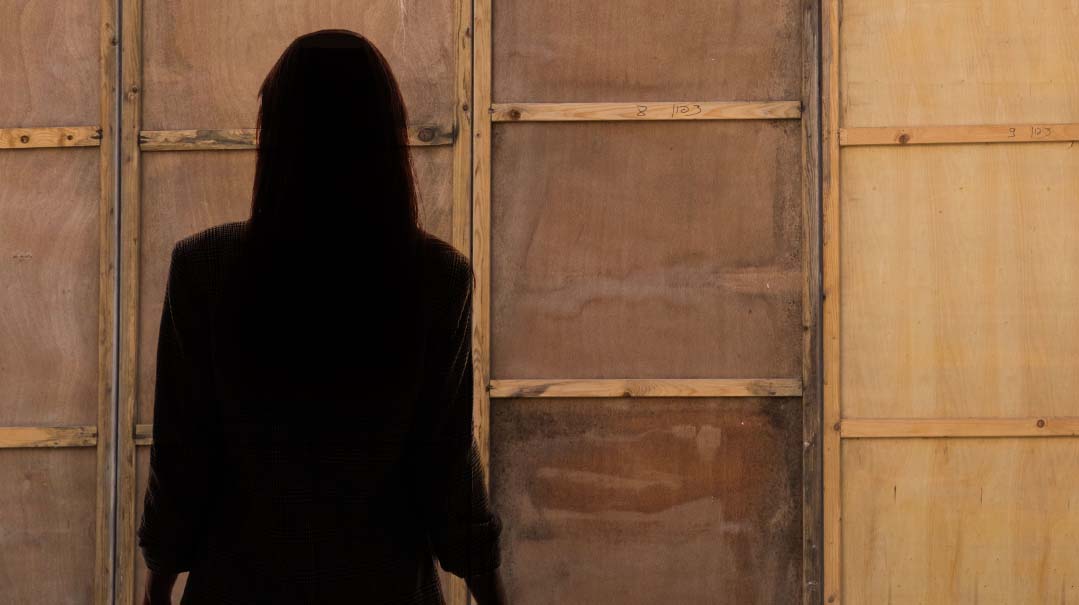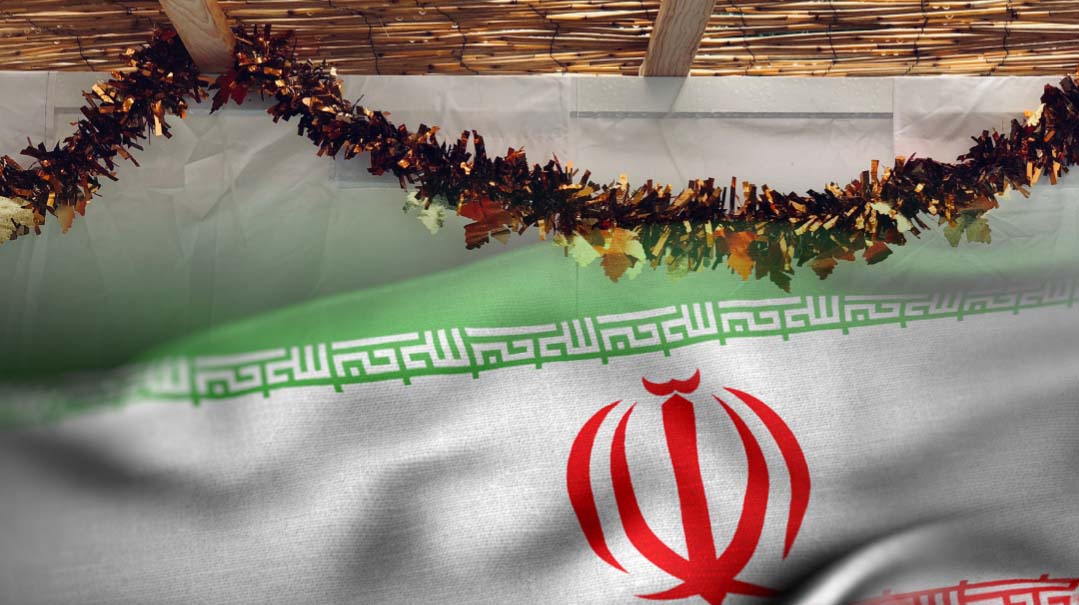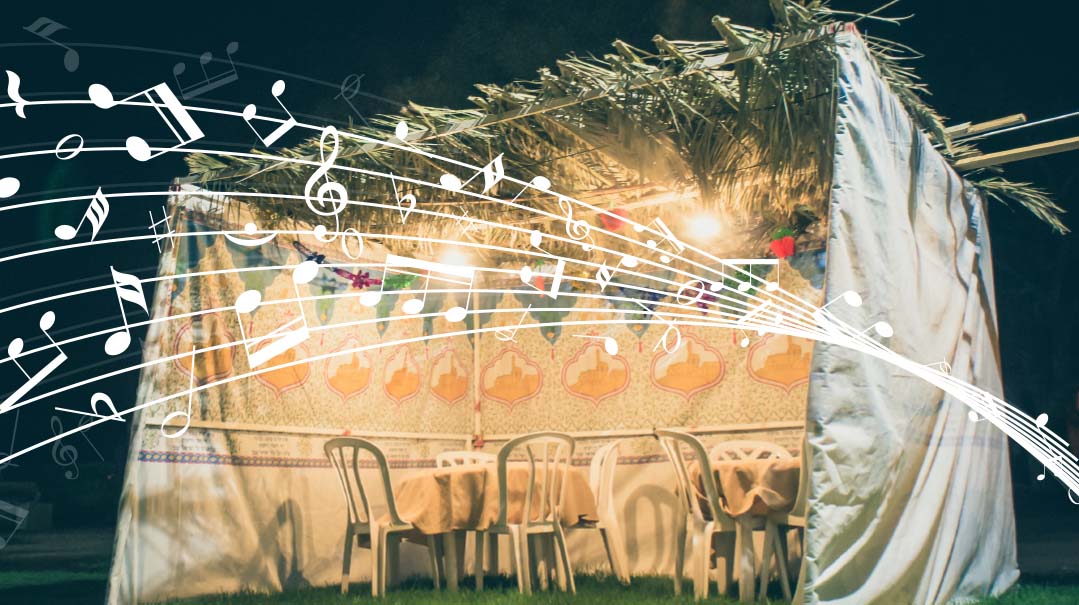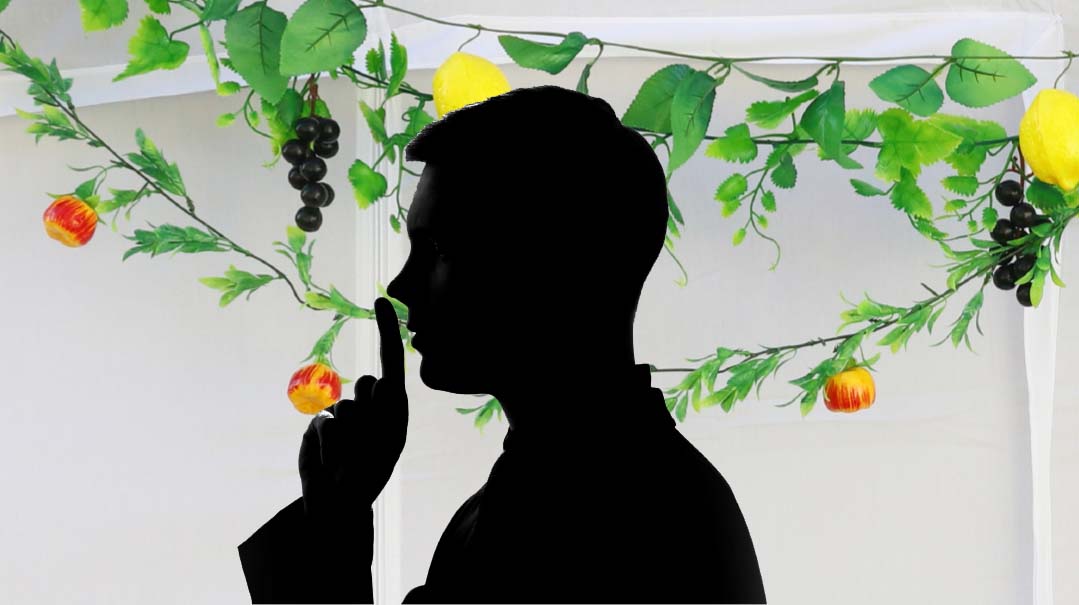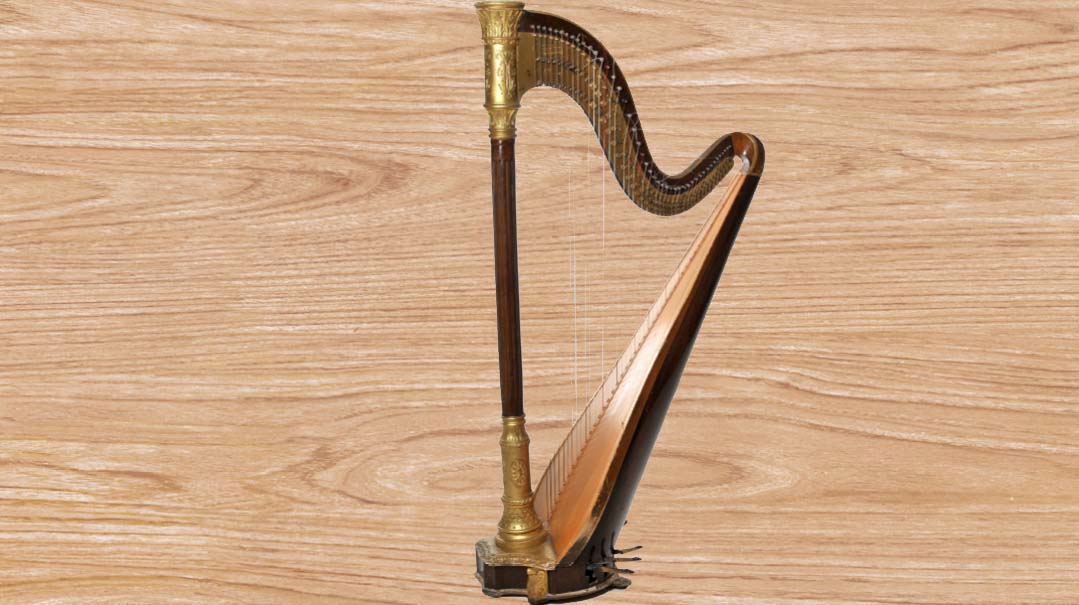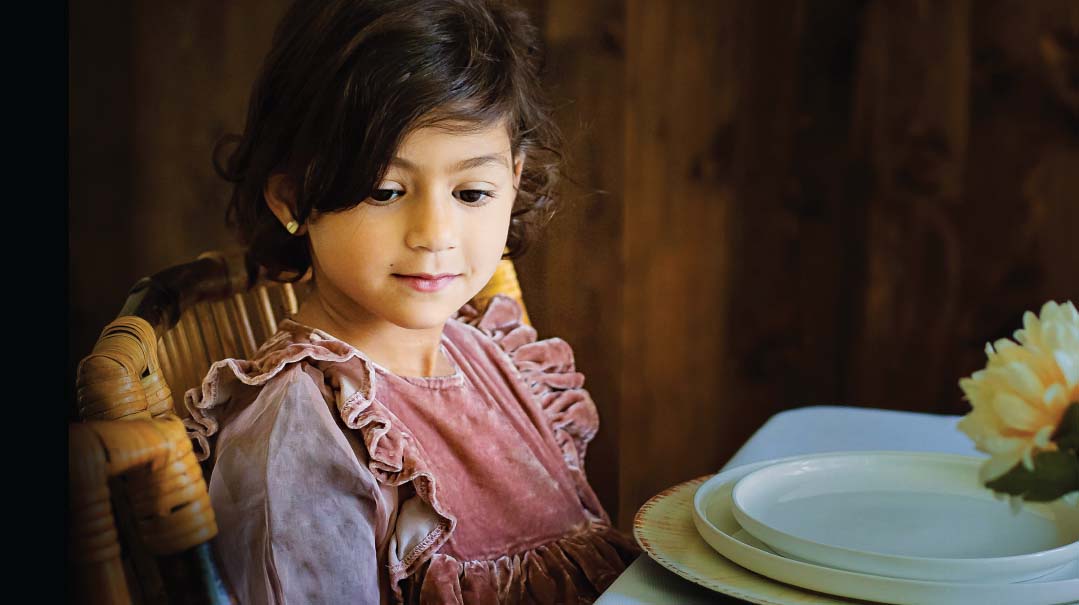Speak Up
| September 14, 2021Maybe… just maybe, if Moshe could do it, so could I?
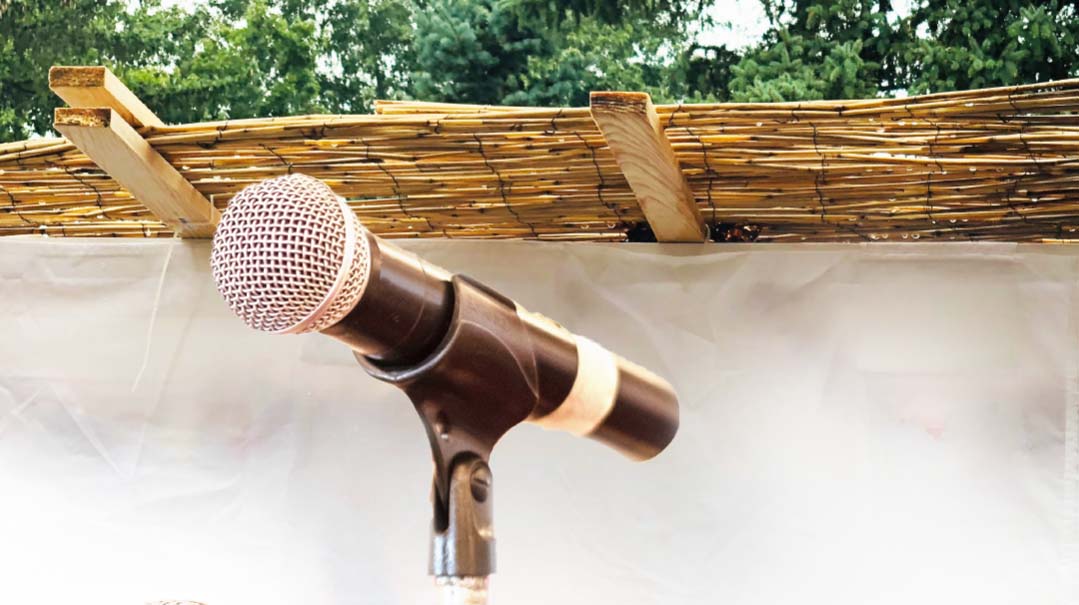
The principal of a new seminary called me today, asking if I can please, please, please speak at their seminary’s Yom Iyun. She was practically begging. Between taking care of my kids and teaching in several places, my schedule is stretched thin. I had to decline, but the fact that this rebbetzin had heard great things about my lectures was flattering.
And shocking.
I still have to catch myself sometimes, remind myself I’m not who I once was, take in the knowledge that I’m now a sought-after speaker.
How did this surprising meteoric rise to fame happen?
I’ve come a long way from that first model lesson in seminary. But my transformation precedes that by at least a decade.
The comments on my report card were predictable: “We wish she would share more in class!” “Such depth, she could potentially contribute so much.” “Quiet, but an important asset to the grade.”
And each semester, it burned anew.
Because my teachers were right, and I knew it. I did have ideas to add, perspectives to share, important insights that could add a layer to class discussions. But my love of sharing my inner world — which was certainly there, I had a secret dream of eventually becoming a teacher — was pushed way, way down, under layers of humiliation.
My silence was my armor. Before I’d ever try to respond to a teacher’s question, I thought twice, three times, wondering if this time, the words would come out clear, coherent.
Deep breath, avoid the letters that you trip over. Choose the words that you know you can speak out fluently. The sentence I wished to say echoed in my head, so loud I was certain the other students could hear me rehearsing. I was terrified that I’d embarrass myself, again, with the stutter that no amount of speech therapy could cure.
I would breathlessly observe those girls who confidently raised their arms in class, shouting out answers. I burned with jealousy over the carelessness with which they threw around words. My mouth betrayed me, my tongue taking on a life of its own. I drew deeper and deeper into myself, into my different-ness, into my silence. No need to flaunt my greatest shame, my speech impediment.
It might have always continued this way, my role as the shy, studious girl sitting in the front of the class firmly cemented in place; with me never risking participation, never approaching new friends for fear they wouldn’t understand me.
It might have been, if not for that lesson on parshas Shemos toward the end of elementary school. We were exploring the very first interaction between Moshe Rabbeinu and Hashem at the Sneh, the Burning Bush.
I sat there, front and center, absorbing every concept, writing copious notes, as the teacher analyzed Moshe’s resistance to his mission.
“Girls, Hashem was commanding Moshe, essentially saying: ‘You’re the man for the job.’ You have something nobody else has, you have a special koach.” She continued reading out the pesukim.
“And what does Moshe respond to this mission? Even after Hashem shows him all the ways that He’ll grant him extra siyata d’Shmaya, Moshe’s still worried. See perek daled, pasuk yud — what’s his fear about? ‘Ki kevad peh v’kevad lashon anochi.’ Girls, fingers inside, let’s look at the meforshim to try to understand this better.”
I was intrigued; Moshe knew Hashem had tapped him specifically, yet he was scared. You can have a koach, you can know you’re capable of something, and still, fear — about your speech, no less — can hold you back?
Morah looked at Rashi, defining the French word he brings as “stammer.” Rashbam was even more explicit about Moshe’s impediment: “Megamgem.”
Wait — was Morah talking about me?
The rest of the class was a blur. In my own limited way, I felt like a kindred spirit. It was as if I’d met a dear friend who shared a similar life story to my own. I understood: Of course he nearly refused to go to Bnei Yisrael; of course he was embarrassed.
And yet he knew Hashem believed in him, he had a unique tafkid, and somehow, he pushed through the impositions.
Maybe… just maybe, if Moshe could do it, so could I?
My name, Tziporah Miriam — two women intimately connected to Moshe’s story — strengthened my belief that there was something specific for me to take out of this.
It wasn’t overnight, and it wasn’t simple. But I found that as I strengthened myself in Hashem’s belief in Moshe, in me — “v’Anochi ehiyeh b’picha”— it grew louder than the doubting, self-critical voices.
And success bred success: The more I spoke up, the more comfortable I grew speaking up, gaining greater control over the stutter that had crippled me.
By the end of high school, I was sometimes disciplined for speaking too much in class; I thrived on those reprimands. I chatted with new friends, I called out in class, and I reveled in the newfound belief in myself.
My dream of becoming a teacher felt in my reach.
Today, I teach in a number of seminaries. My stutter isn’t completely cured; but I own it. I often tell my students the story of a little girl who didn’t believe in herself, but learned how to overcome challenges through an important lesson gleaned from Moshe Rabbeinu.
And if there’s any lingering doubts to the neshamah connection I sensed, my husband’s name is Aharon, and my father-in-law’s name is Moshe. How’s that for a Heavenly wink?
(Originally featured in Family First, Issue 760)
Oops! We could not locate your form.

